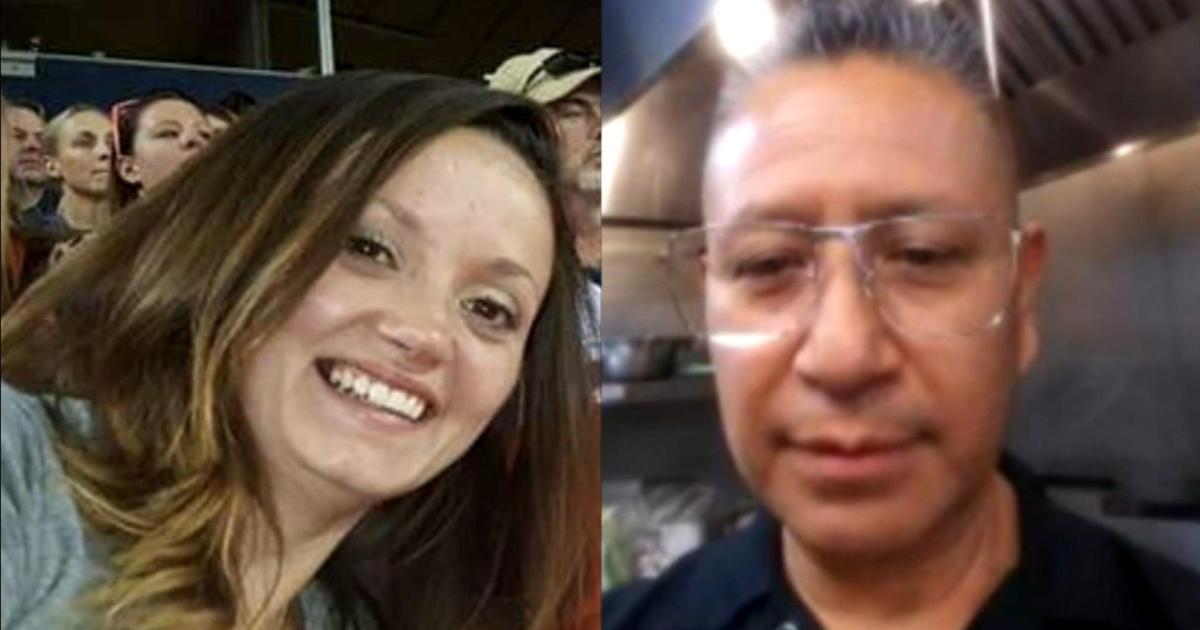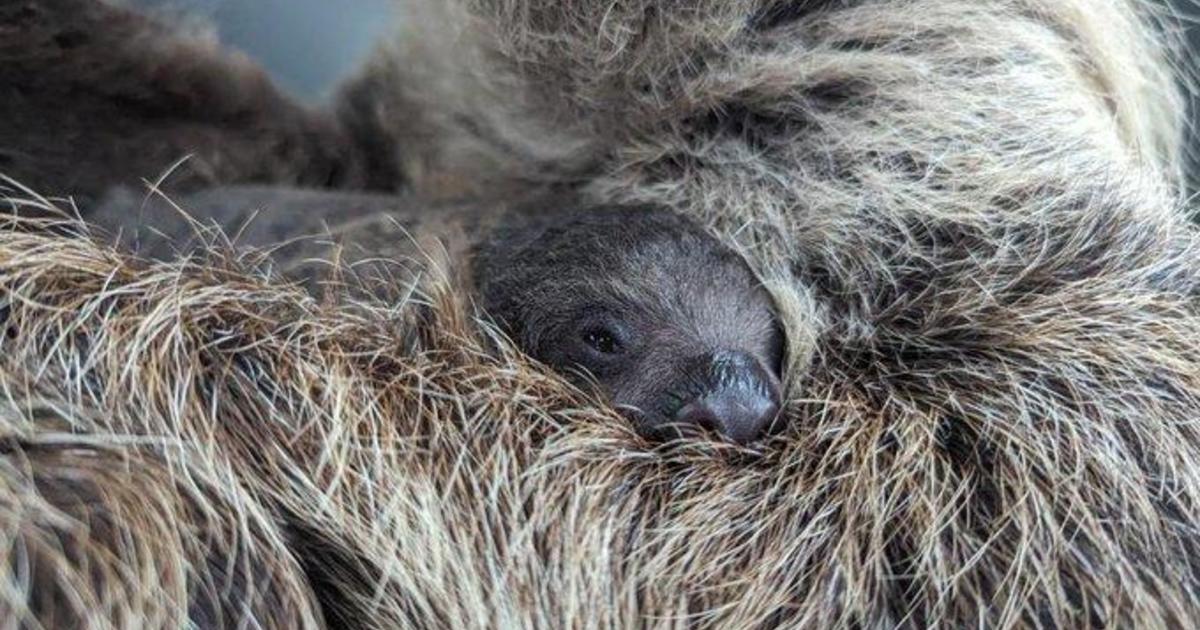Blood Money Common In Islamic World
DENVER (CBS4)– It reads like a spy novel. A C.I.A. contractor, an ex-special forces member on assignment in Pakistan where he's on a protection detail for agents working undercover.
Two men pursue him. They stop at an intersection in Lahore; a teeming city where people try to scratch out a living in congested streets lacking in basic services. A place where a dust of corruption and religious zealotry floats in the air. The two men are on motorcycles. Recent reports overseas are they were not robbers as Davis claimed, but Pakistani intelligence agents.
But that still sounds too much like the stuff of spy novels.
Raymond Davis was on a plane out of Pakistan as soon as American officials could get him in the air, before any new protests could whip up. But the driving force behind the protests was somewhat quieted.
The idea that he would get diplomatic immunity for the shootings of two men he claimed were trying to rob him put to rest. The way Davis got free is called, "blood money."
"That is common in many countries," said University of Denver director of International legal Studies Professor Ved Nanda. "In many Islamic countries you'll find that the court might also simply forgive once the victims' family has come and says that we have forgiven for compensation."
The deal was reportedly $2.3 million. Payable to the families of the two men killed and possibly the family of a third person killed in a traffic fatality as the C.I.A. rushed to retrieve Davis after his arrest.
What's still not clear is who paid. Secretary of State Hillary Rodham Clinton did not dispute the men's families were compensated, but said on NPR, the U.S. government did, "not pay any compensation."
On the streets of Denver people were divided.
"Whatever you can do, bring him home," said one woman.
"In my mind if somebody's been arrested and jailed for murder you don't release them for any other reason than they're not guilty," said one man.
The principle of blood money is certainly foreign under American justice.
"Because we can't accept it," said Professor Nanda. "And here once we have a criminal case, it is state versus the person."
"We try him, we punish him, we rehabilitate him, but that is the state's function. There, you are substituting that state function by private parties taking that kind of an action," said Nanda.
In countries based on the principles of Sharia, or Islamic law, the victims of the families get a diyat, or payment. There's still word of one of the families in Pakistan calling for criminal justice, but the families would have been in court says Nanda, saying they forgive Davis.
In Pakistan there was a second day of protests Thursday, blunted perhaps by the principle of blood money.
"It doesn't totally smooth over but at least for the time being it's taken care of," said Nanda.




